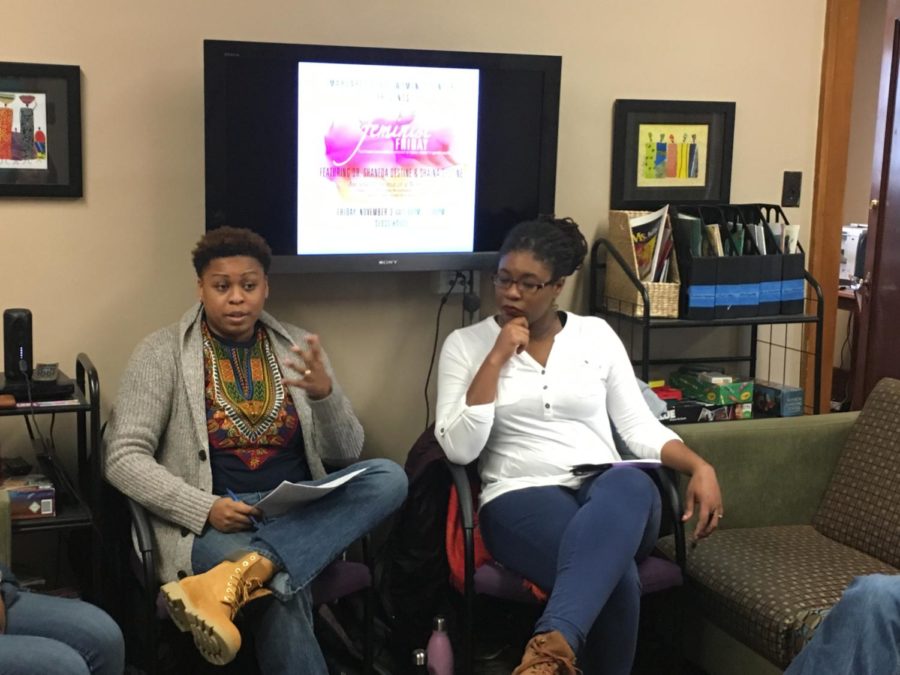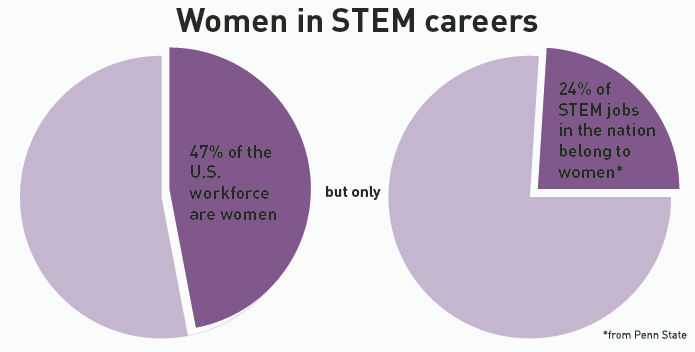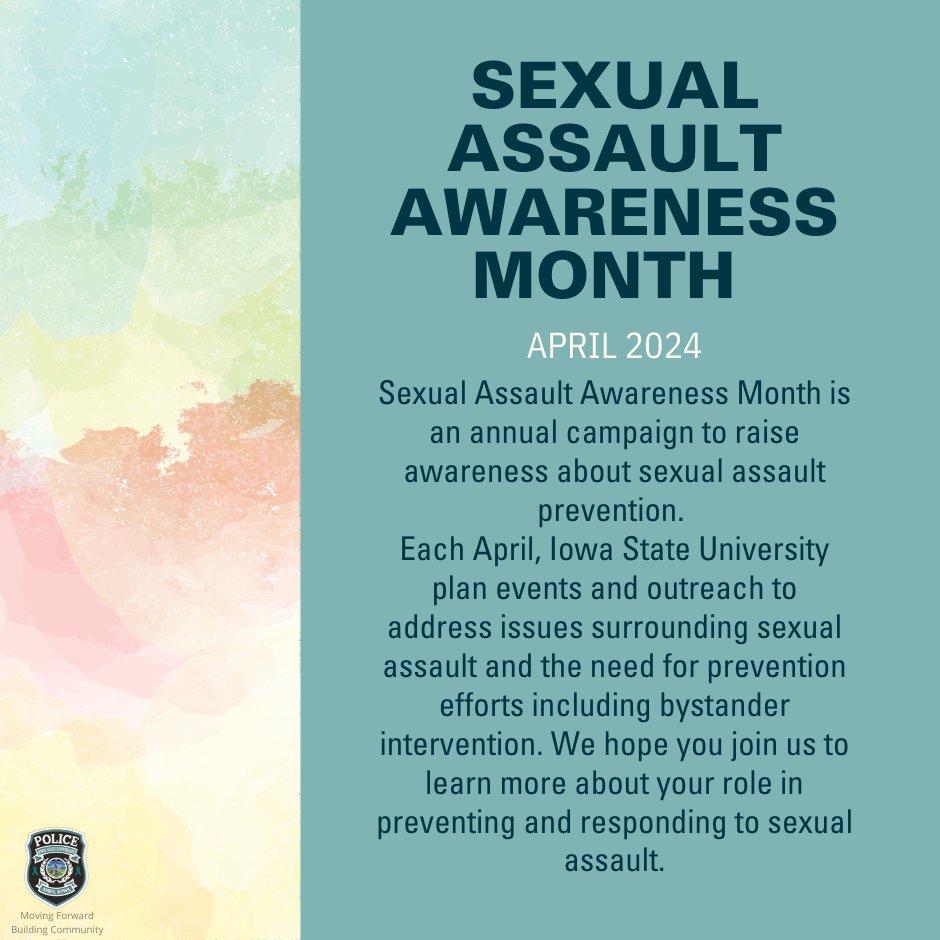Feminist Friday Touches on Womanism and Black Feminism at Iowa State
November 3, 2017
The Margaret Sloss Women’s Center presented the inaugural Feminist Friday, posing the question “Are you a feminist or a womanist?” on Friday at 1 p.m. at the Women’s Center.
Shaneda Destine and Shaina Destine spoke about what feminism means, the definitions of womanism, third world feminism and other related topics. Nearly 20 people, including students and faculty members, filled the sitting room of the Women’s Center to discuss the complexity of these topics.
Lorraine Acker, director of the Women’s Center, started out the lecture by saying her goal for these Feminist Fridays is “to get faculty to come in and engage in some conversations that were really kind of relaxed and to get us thinking about the things that are happening in our world but with a feminist perspective.”
Shaneda Destine explained the history of traditional feminism and how mainstream feminism is rooted in a complex history.
“Before black men got the right to vote, the movement was an equal rights movement that included black men and some black women that were fighting for civil rights more broadly.” Shaneda Destine said.
Shaneda Destine continued to point out that once the argument came up for black men to have the right to vote women spoke out.
“Susan B Anthony and Carrie Chapman Catt were women that said ‘let’s put our minds together with white men and let our movement be one to uphold white supremacy, not tear it down,” Shaneda Destine said. “This is why we have this other wave of black feminism reclaiming feminism and saying we’re going to center it on black women and talk about our unique history”
While talking about the different types of feminism, Shaina Destine shared why she identified with black feminism over the other types.
“Black feminism itself is something I adopted because all of the women I knew that were giving out knowledge looked more like Cardi B and Amber Rose more so than looking like Michelle Obama,” Shaina Destine said. “Everyone is included in this new wave of black feminism and that is a feminism that I am more comfortable with.”
After explaining the history of mainstream feminism and how it relates to the spawn of other forms of feminism, Shaneda Destine started to explain womanism.
“Womanism says that our histories are a bit different, white women and black women have never been on the same footing, so we need to adopt a new word that really values our race, our class and our unique history,” Shaneda Destine said.
As the conversation continued, the discussion started to open up.
“The same things we struggle with outside of social movement spaces are what we struggle with in academia, how to create an equal and just movement,” Shaneda Destine said.
One of the attendees brought up the point that when you use labels, it automatically excludes certain people or groups. Other women in the group believed there is an honor to giving it a label.
“That label for me was validating and I think that’s where it gets tricky within the feminist discourse, you can’t be everything for everybody but knowing that you still can’t silence people,” Acker said.
“Before we are anything we are humans and humans need labels, humans needs boxes because it helps us feel comfortable and know where we belong,” Shaina Destine said.
Some other topics covered throughout the discussion included the way white feminism wants black feminism to get on board with them and not the other way around. This idea resonated with other people in the room.
“There seems to be this ideal that if I’m for Black Lives Matter or transgender I’m somehow against the ideal of white feminism,” Acker said.
Not only were there problems with certain types of feminism and their inclusivity issues, attendees also talked about the social complications with identifying with more than one type of feminism or movement.
Santos Nunez, academic advisor for the College of Engineering, talked about her experience within her family.
“With my Latinx family it’s like, oh wait what, you’re supporting the black women, what about us,” Nunez said. “It’s like if you’re for this you’re against that. I remember when my parents found out that I was taking a black studies class in college, it was scandalous.”
Topics such as the student in Connecticut who poisoned her roommate and the “#metoo” campaign and how that relates to not only feminism but to students on Iowa State’s campus were also discussed.
“What’s happening in our administrations, is also happening on our campus and in our daily lives,” Shaneda Destine said. “So the question is, how can we make it more inclusive and be aware of our blind spots.”
“We’re students, were activists, were scientists, librarians, farmers, and that’s what feminism should be about,” Shaneda Destine said.
The next Feminist Friday on Nov. 10 from 1p.m. to 2 p.m. will cover feminist fiction and will be lead by Acker.
















